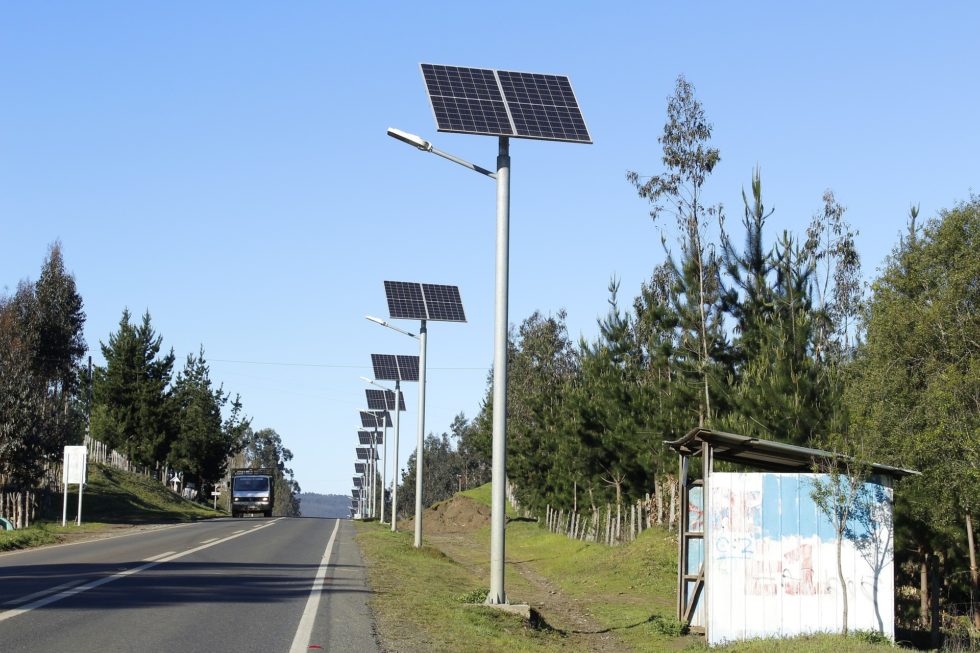1 December 2017
Tackling climate change in African cities through innovative approaches



Cities in Africa are facing significant challenges due to climate change, but this also presents unique opportunities. At ICLEI Africa, we work with our cities to find ways to enable development that takes cognisance of this.
For over two decades ICLEI has been working with subnational governments from around the world to develop innovative ways to analyse, act and accelerate climate change action in cities. In Africa, access to energy is a major priority. 625 million people, or 68% of the population, are without power in sub-Sahara Africa (1).
ICLEI, in partnership with UNHabitat and others, is implementing the second phase of the flagship programme: Accelerating climate action through the promotion of Urban Low Emission Development Strategies (Urban-LEDS). Via Urban-LEDS II, we are working with subnational and national governments in eight countries to enable local action that contributes to increasing access to low-carbon energy and building resilience to climate change. ICLEI also plays an important role in the Global Covenant of Mayors for Climate and Energy—the largest, global coalition of mayors and local officials with over 7 400 committed cities and towns— which is an important platform for local governments to demonstrate their collective impact on the global stage.
In Africa, the focus is on increasing the capacities of cities to provide secure, sustainable, affordable and clean energy services to their burgeoning urban populations. Renewable energy forms part of this solution package, with ICLEI’s 100% Renewable Energy Cities and Regions Network, bringing together leading cities that are driving the transition towards 100% renewable energy.
Another solution is energy efficiency in buildings. The Building Efficiency Accelerator is a public-private collaboration that turns global expertise into local action to accelerate local government implementation of building efficiency policies and programmes. ICLEI Africa has found that there are some shining examples of green buildings in Africa, and has recently produced a publication with the South African Local Governments Association (SALGA) and the Green Building Council: South Africa (GBCSA), on just this.
ICLEI Africa is also undertaking a number of projects that fall within the ambit of climate change adaptation and climate resilience, such as the Future Resilience in African CiTies And Lands (FRACTAL) project (funded by DFID and NERC). This project explores innovative mechanisms for climate scientists and city stakeholders to co-produce climate change information that influences city planning and action. ICLEI Africa is also exploring what the constraints and opportunities are to the development and uptake of climate resilient water management technologies in Southern African cities, via the African Water Adaptation through Knowledge Empowerment (AWAKE) project (funded by the AfDB). Another important partner that ICLEI Africa is collaborating with in the resilience space is UNISDR, and together we are working with cities from across sub-Sahara Africa to implement the Sendai Framework for Disaster Risk Reduction at the local level.
The above provides a brief reflection of just some of the climate change, energy and resilience work that ICLEI Africa is undertaking with our cities. All of our work is pointing to the fact that African cities are ready to tackle climate change, in terms of both the challenges it presents and the opportunities it offers. We, as ICLEI Africa, aim to walk this road with our cities, and look forward to continuing this journey in 2018.
https://www.iea.org/publications/freepublications/publication/AEO_ES_English.pdf


